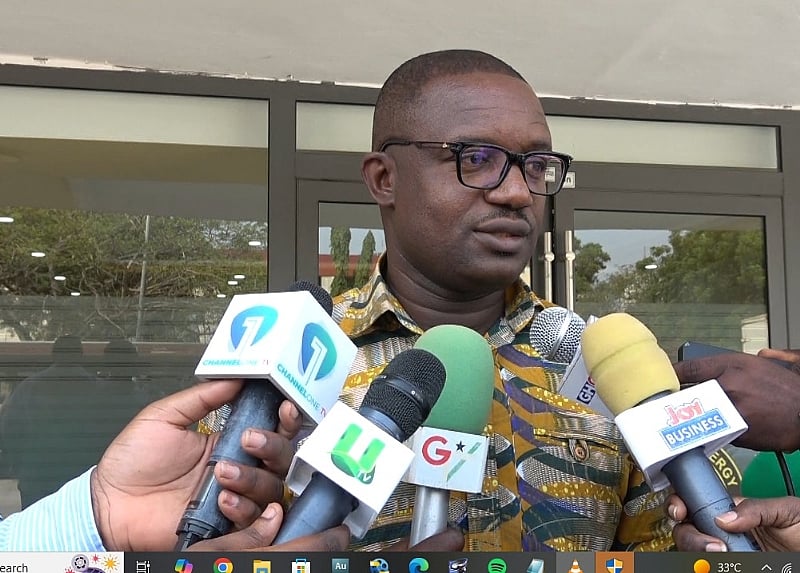The Mahama administration in Ghana set a one-month deadline in July 2016 for finalizing the privatization of the Electricity Company of Ghana (ECG), aiming to address the persistent power challenges plaguing the nation. This decision, part of a larger compact with the Millennium Challenge Corporation (MCC), a US government foreign aid agency, aimed to inject much-needed private sector efficiency and investment into the ailing power distribution sector. The compact, worth $498.2 million, hinged on ECG’s privatization, seen as crucial for reforming the power sector and attracting the necessary capital for upgrades and expansion. The government’s rationale was that private sector involvement would enhance operational efficiency, reduce technical and commercial losses, and ultimately improve the reliability of electricity supply to consumers and businesses.
The proposed privatization model involved a 20-year concession agreement, allowing a private company to manage and operate ECG’s assets while the government retained ownership. This approach aimed to balance the need for private sector expertise with the public’s concern over the potential loss of national control over a vital utility. The process, however, was met with strong resistance from various stakeholders, including ECG workers unions who feared job losses and unfavorable working conditions under private management. Civil society organizations also expressed reservations, questioning the transparency of the process and raising concerns about potential tariff hikes and the impact on affordability for low-income consumers. The government, in response, embarked on a public education campaign to allay these fears, emphasizing that the concessionaire would be obligated to maintain employment levels and invest in improving service quality.
The one-month deadline set by the Mahama government proved ambitious and ultimately unattainable due to the complexities of the negotiation process and the persistent opposition. The government faced the challenge of balancing the demands of the MCC compact with the need to address the concerns of stakeholders and ensure a smooth transition. The selection process involved evaluating bids from various international consortia, scrutinizing their technical and financial capabilities to ensure they could effectively manage ECG’s operations and deliver on the promised improvements. This process required extensive due diligence and negotiations to finalize the terms of the concession agreement, including tariff structures, performance targets, and investment commitments.
The protracted negotiations extended beyond the initial deadline, with subsequent administrations continuing the process under renewed timelines. The complexity of the transaction, coupled with the need for broader stakeholder buy-in, necessitated a more deliberate approach. Subsequent governments grappled with similar challenges, navigating the delicate balance between fulfilling the compact’s requirements and addressing the concerns of labor unions and civil society. These ongoing discussions centered around key issues such as the duration of the concession, the extent of private sector control, and the safeguards to protect consumer interests and ensure affordable electricity tariffs.
Beyond the immediate privatization process, the broader objective was to address the systemic challenges within Ghana’s power sector, including generation capacity, transmission infrastructure, and distribution efficiency. The government recognized that simply transferring management of ECG to a private operator would not be sufficient to solve the deeply rooted issues contributing to the power crisis. Therefore, the privatization was viewed as one component of a comprehensive reform strategy that included investments in new power generation plants, upgrading transmission lines, and improving the regulatory framework governing the sector. The long-term goal was to create a sustainable and reliable power supply to fuel economic growth and improve the quality of life for all Ghanaians.
Ultimately, the privatization of ECG underscores the complexities of reforming vital public utilities in developing countries. The process highlights the challenges of balancing competing interests, navigating political pressures, and ensuring that such reforms genuinely benefit the public. The experience of Ghana’s power sector privatization serves as a valuable case study for other nations grappling with similar challenges, emphasizing the importance of transparent and inclusive processes, robust regulatory frameworks, and a long-term vision that prioritizes sustainable development and the welfare of the citizens. The journey towards a reliable and efficient power sector in Ghana continues, with the lessons learned from the ECG privatization process shaping future reforms and paving the way for a more secure energy future.


